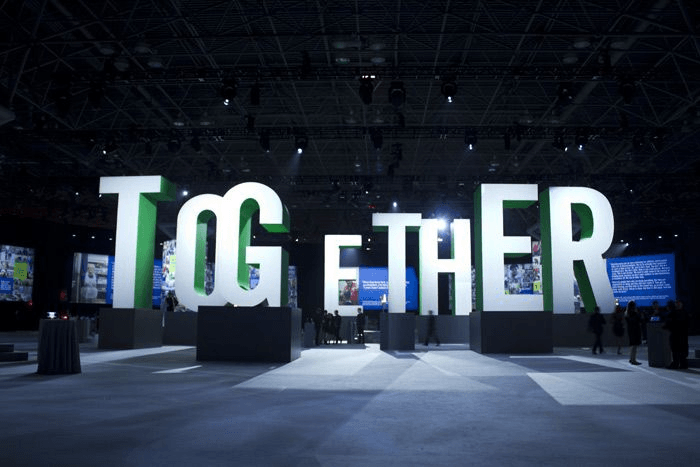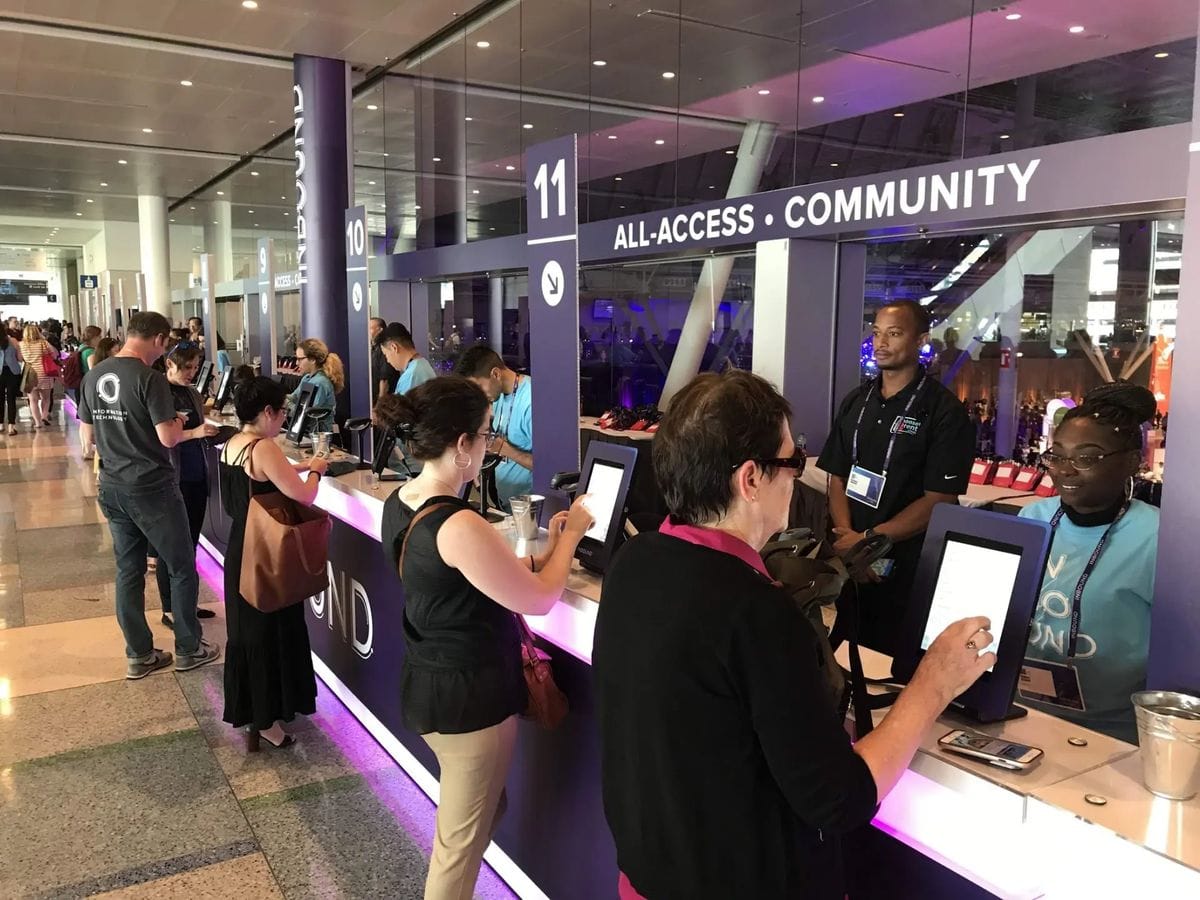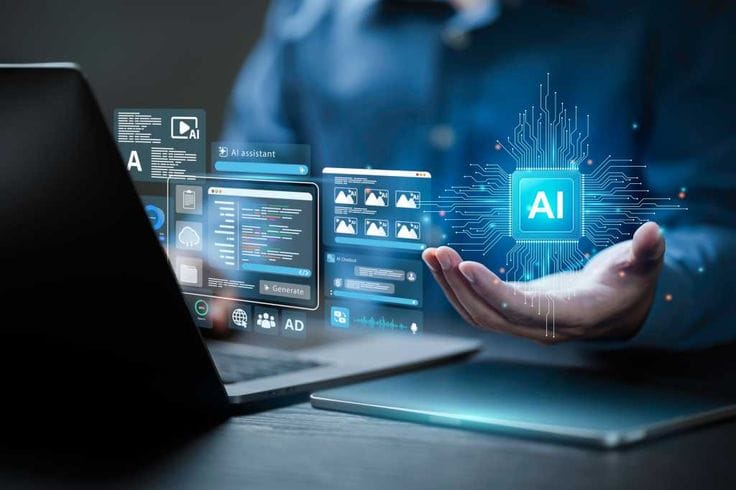The event planning industry has undergone a remarkable transformation, with artificial intelligence leading the charge into a new era of efficiency, personalization, and innovation. As we navigate through 2025, AI event tools have become indispensable assets for event planners looking to create memorable experiences while streamlining their workflows.
Gone are the days when event planning relied solely on spreadsheets, manual coordination, and gut instinct. Today's event planning AI solutions are revolutionizing how we conceptualize, organize, and execute events of all scales – from intimate corporate gatherings to massive international conferences.
The AI Revolution in Event Management
The integration of artificial intelligence into event planning represents more than just a technological upgrade; it's a fundamental shift in how the industry operates. Modern AI tools process vast amounts of data, predict attendee preferences, optimize logistics, and create personalized experiences that would have been impossible to achieve manually.
Event planners are discovering that AI doesn't replace human creativity and intuition – instead, it amplifies these qualities by handling routine tasks, providing data-driven insights, and enabling professionals to focus on creating unforgettable experiences.

Smart Venue Selection and Space Optimization
One of the most significant breakthroughs in event planning AI comes through intelligent venue selection platforms. These sophisticated tools analyze multiple variables simultaneously, including attendee demographics, preferred locations, budget constraints, accessibility requirements, and weather patterns to recommend optimal venues.
Advanced algorithms now predict crowd flow patterns, helping planners optimize space utilization and prevent bottlenecks before they occur. Some platforms offer virtual reality previews powered by AI, allowing clients to experience different venue layouts without physical site visits.
Space optimization tools use machine learning to analyze historical attendance data and suggest optimal seating arrangements, booth placements, and traffic flow designs that maximize engagement while minimizing congestion.
Intelligent Attendee Experience and Networking
AI is making its biggest impact in attendee experience and networking facilitation. Modern AI event tools analyze attendee profiles, interests, professional backgrounds, and stated goals to create intelligent networking recommendations that go far beyond simple keyword matching.
These systems learn from interaction patterns and feedback to continuously improve their matching algorithms. Some platforms now offer real-time networking suggestions during events, using location data and availability status to facilitate meaningful connections.
AI-powered chatbots have evolved from simple FAQ responders to sophisticated conversation partners that help attendees navigate complex event schedules, make reservations, and provide personalized recommendations based on individual preferences and past behavior.
Predictive Analytics for Event Success
Predictive analytics capabilities are transforming event planning decision-making. AI tools analyze historical data, market trends, social media sentiment, and external factors to predict event attendance, identify potential issues, and optimize pricing strategies in real-time.
These systems forecast everything from catering requirements and staffing needs to parking demand and merchandise sales. More sophisticated platforms predict which sessions will be most popular, helping organizers make informed decisions about room assignments and capacity planning.
Weather prediction integration has become particularly valuable, with AI systems automatically adjusting outdoor event plans, recommending contingency measures, and predicting how weather conditions might affect attendee engagement levels.

Content creation has been revolutionized by AI tools that generate personalized event materials, from customized invitations and agenda recommendations to post-event follow-up communications. These systems analyze attendee data to create highly targeted content that resonates with specific audience segments.
Dynamic scheduling platforms use AI to create personalized agendas for each attendee, considering their interests, availability, networking goals, and energy levels throughout the day. This level of personalization was previously impossible at scale but is now becoming the standard expectation.
Social media content generation has also been transformed, with AI tools creating event-specific hashtags, generating engaging post content, and predicting optimal posting times for maximum engagement across different platforms.
Real-Time Event Optimization
During live events, AI tools provide unprecedented visibility and control. Real-time sentiment analysis of social media posts, feedback forms, and engagement data helps organizers understand attendee satisfaction levels as events unfold.
Dynamic resource allocation systems automatically adjust staffing levels, redirect foot traffic, and modify environmental settings based on real-time occupancy and engagement data. Advanced systems can predict and prevent potential safety issues by analyzing crowd density and movement patterns.
Sustainable Event Planning Through AI
Environmental consciousness has become crucial in modern event planning, and AI tools are leading toward more sustainable practices. Carbon footprint calculators powered by machine learning analyze every aspect of an event, providing actionable insights for reducing environmental impact.
Waste prediction algorithms help organizers order appropriate quantities of materials and food, significantly reducing post-event waste. Transportation optimization tools suggest carpooling arrangements and optimal routes to minimize the event's overall carbon footprint.
The Future of AI in Event Planning
As we progress through 2025, integration between different AI event tools is becoming increasingly seamless. Comprehensive platforms combining venue selection, attendee management, content creation, and real-time optimization are emerging as preferred solutions for professional event planners.
The trend toward voice-activated and conversational AI interfaces is making these powerful tools more accessible to event planners without extensive technical backgrounds, democratizing access to advanced event planning capabilities.
Embracing the AI-Powered Future
The landscape of event planning continues to evolve at an unprecedented pace, with artificial intelligence serving as the catalyst for innovation and efficiency. The most successful event planners are those who embrace these technologies while maintaining the human touch that makes events truly memorable.
For event professionals looking to stay competitive in 2025, investing in AI event tools isn't just an option – it's becoming essential for delivering the personalized, efficient, and impactful experiences that modern attendees expect.


